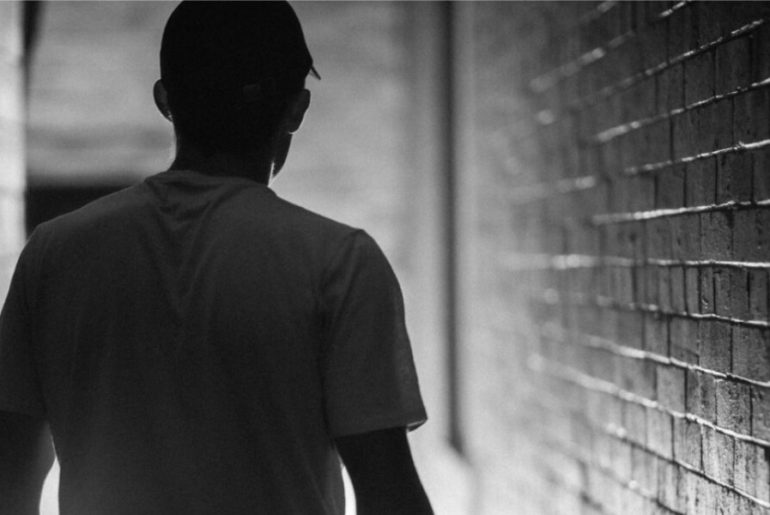Christian Padilla Romero is waging a campaign to keep his mother from being deported to Honduras. The 24 year-old doctoral student at Yale University is calling for his mother to be released from the South Georgia detention center where she has been held since August. For Padilla Romero and his family, the fight to free Tania Romero is further compounded by her battle with stage-four oral cancer.
The troubles began on August 15, when Romero, 48, was pulled over and arrested in Atlanta for a speeding violation. Since his mother did not have a driver’s license, Padilla Romero said that the police contacted Immigration and Customs Enforcement (ICE) and his mom was transferred soon afterward to the Irwin County Detention Center in Ocilla. The family has since hired an attorney, who filed a request for a stay of deportation based on her need for medical treatment. In October, the immigration court in Atlanta denied the attorney’s motion to reopen Romero’s case, and so now the family has turned to the Board of Immigration Appeals.
In an interview for The New Yorker, Padilla Romero details how in the early 90’s, the family immigrated to the United States from the rural village of El Tule in Olancho, Honduras, and eventually settled in Atlanta, Georgia. Padilla Romero—who entered the U.S. at the age of 7—both his parents, and his three sisters are all undocumented. He and two of his sisters have protection under the Obama-era Deferred Action for Childhood Arrivals program, or DACA, which protects young immigrants from deportation. The Trump administration is currently arguing to eliminate in the Supreme Court, so even as they fight for their mother’s freedom, Padilla Romero and his siblings face a real possibility of deportation themselves.
“My mom made it possible for me, an undocumented immigrant like herself, to attend and graduate from Pomona College in 2018, and to be accepted into Yale University’s prestigious History Ph.D. program. I am now on track to completing my Ph.D. program at one of the nation’s top universities,” said Romero via an online petition. “But I can hardly study or think, knowing how much she is suffering.”
“Honduras lacks the proper facilities to treat my mother’s form of cancer, and has a severe shortage of treatment options for cancer survivors,” said Romero via an online petition to keep his mother in the U.S. So far the petition has earned more than 38,000 signatures. A GOFUND.ME page has raised some $39,000 in funds for Tania Romero’s legal and medical expenses.
“My experience here has not been easy,” said Tania Romero from the Irwin County Detention Center in a recent phone call with her son that was aired on Democracy NOW! “There are a lot of people inside this detention facility so we don’t get much sleep. I need to see my oncologist because I am not getting any care here,” said Romero, who missed a September follow up appointment with her doctor.
In his efforts to stay her deportation, he learned through a Freedom of Information Act request for documentation, that his mother did not receive notices instructing her to appear in court. Her absence led to ICE issuing an order for her removal in 2008.
To date, he has reached out to the staff of Georgia Representative, Lucy McBath, and met with the staff of Democrat U.S. Senators Chris Murphy, and Richard Blumenthal of Connecticut about his mother’s case. While earning a Ph.D. in Latin American history, Padilla Romero said he has received support in his fight from the greater Yale community.
Padilla Romero recognizes that because of his mother’s sacrifice, and years working as a housekeeper, restaurant dishwasher, and ultimately construction worker, he is in a better position to advocate on her behalf. This relative privilege is bittersweet, which he addressed in The New Yorker, saying:
“That’s the unfortunate reality. If I was a roofer, I would never be able to have this kind of support or connections. I mean, I’m highlighting my mom’s situation, but there are so many people in there. My mom made really good friends with another woman who has been there for I don’t know how long, and she literally just wants to get deported.”

